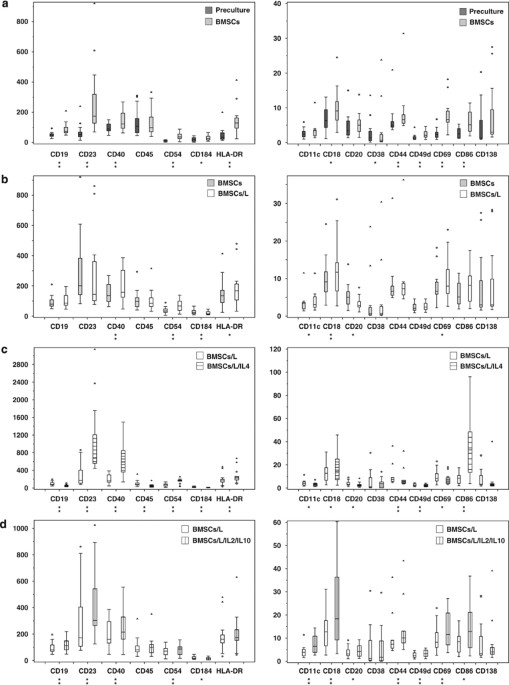
- Select a language for the TTS:
- UK English Female
- UK English Male
- US English Female
- US English Male
- Australian Female
- Australian Male
- Language selected: (auto detect) - EN
Play all audios:
As COVID-19 continues to spread in Canada, our attention also needs to turn to the rest of the world to help block the devastating health and economic impacts of the virus in countries with
weak public health systems and no social safety nets. Canada has already pledged $159.5 million to the United Nations COVID-19 Humanitarian Response Plan to support a global medical response
to the pandemic. But the UN is also calling for a US$2.5 trillion rescue package to support countries in Africa, Asia and Latin America that will be devastated in ways that many Canadians
can’t even imagine. At its virtual meeting on April 15, G20 finance officials agreed to suspend debt payments by the world’s poorest countries, sparking a similar commitment from many
private lenders. In total, the deal will free up an estimated US$20 billion for developing countries to invest in fighting COVID-19 in 2020. But much more is still needed. Africa alone may
require more than US$150 billion. Many advocacy organizations are calling for the outright cancellation of debt payments by the world’s poorest countries — which exceed spending on health
care in 64 countries. Spending more money on Canada’s international response to COVID-19 will be a hard sell to many Canadians. Online responses to the news stories about Canada’s
international response include calls for a “Canada First” approach to ensure that the health care and financial needs of Canadians are met before sending money, medical supplies and personal
protective equipment outside the country. With the federal deficit projected to exceed $184 billion, many voters and MPs may feel that we can’t afford to increase international assistance
as well. These demands to put Canada first will be hard for federal leaders to resist. However, failure to at least slow down the global spread of COVID-19 will not only result in the deaths
and increased poverty of hundreds of millions of people in other parts of the world, but may also kill more Canadians as well. WHAT’S WRONG WITH PUTTING CANADA FIRST? Canada is still
confronting the first wave of COVID-19, which makes the Canada first logic tempting. Get the virus under control at home first, and then, maybe, start thinking about how to help the rest of
the world. But there are two major flaws with this approach. First, it’s immoral to value the humanity of Canadians over that of people outside our borders. Second, it undermines the health
security of Canadians by allowing the virus to spread further globally and then return to Canada in a second wave, as many health experts are warning. The UN Secretary General, António
Guterres, has repeatedly emphasized: “The world is only as strong as the weakest health system.” The greater the global spread of the virus, the greater the threat to Canadians.
------------------------- _ READ MORE: AFRICAN COUNTRIES ARE BEHIND ON PROGRESS TOWARDS POVERTY REDUCTION GOALS _ ------------------------- COVID-19 will impact people in developing
countries on a scale beyond the worst fears of most Canadians. Many countries have neither functioning public health care systems nor the social safety nets that enable people to stay home
from work. A report from Oxfam points out that for hundreds of millions of people, social distancing and self-isolation are not options. Almost two billion people live on less than US$3.20
per day and scrape by on day-to-day work in the informal economy. If they don’t go out to work every day, their families don’t eat. A now-unemployed taxi driver in Nairobi, Kenya, told
Oxfam: “This virus will starve us before it makes us sick.” Many governments have implemented harsh penalties to force their citizens to stay at home. But overcrowding and lack of access to
running water will make it almost impossible to prevent the spread of the virus in refugee camps and in places like Kampala, Uganda, where over 70 per cent of households live in a single
room and only 20 per cent have piped water. NO MEDICAL SYSTEM TO HELP THEM For many people who contract COVID-19, there will be no functioning medical system to help them. Ventilators are
almost non-existent in much of sub-Saharan Africa. According to _Time_ magazine, Sudan has 80, Zimbabwe has less than 20 and Central African Republic has three. To help prevent COVID-19 from
devastating the developing world, the UN is calling for a $2.5 trillion rescue package to support public health systems and provide financial resources to make it possible for people to
stay at home. Canada’s commitment of $159.5 million to the UN Humanitarian Response fund is an important start, but still represents less than 0.2 per cent of the $107 billion the federal
government has committed to domestic responses to COVID-19. The commitment by the G20 to suspend debt payments in 2020 for the world’s poorest countries is an important step, but Canada and
other rich countries will need to commit even more to global efforts to confront COVID-19, especially after President Donald Trump announced that the United States plans to withdraw funding
to the World Health Organization — a decision criticized around the world, including by the head of the American Medical Association. Canadians learned what it feels like to be cut off by
other countries that put their own citizens first when Trump attempted to block the export of N95 masks. The COVID-19 pandemic demands that Canada and other rich countries do all that they
can to slow the global spread of the virus — for the health security of people around the world, and for Canadians too.







